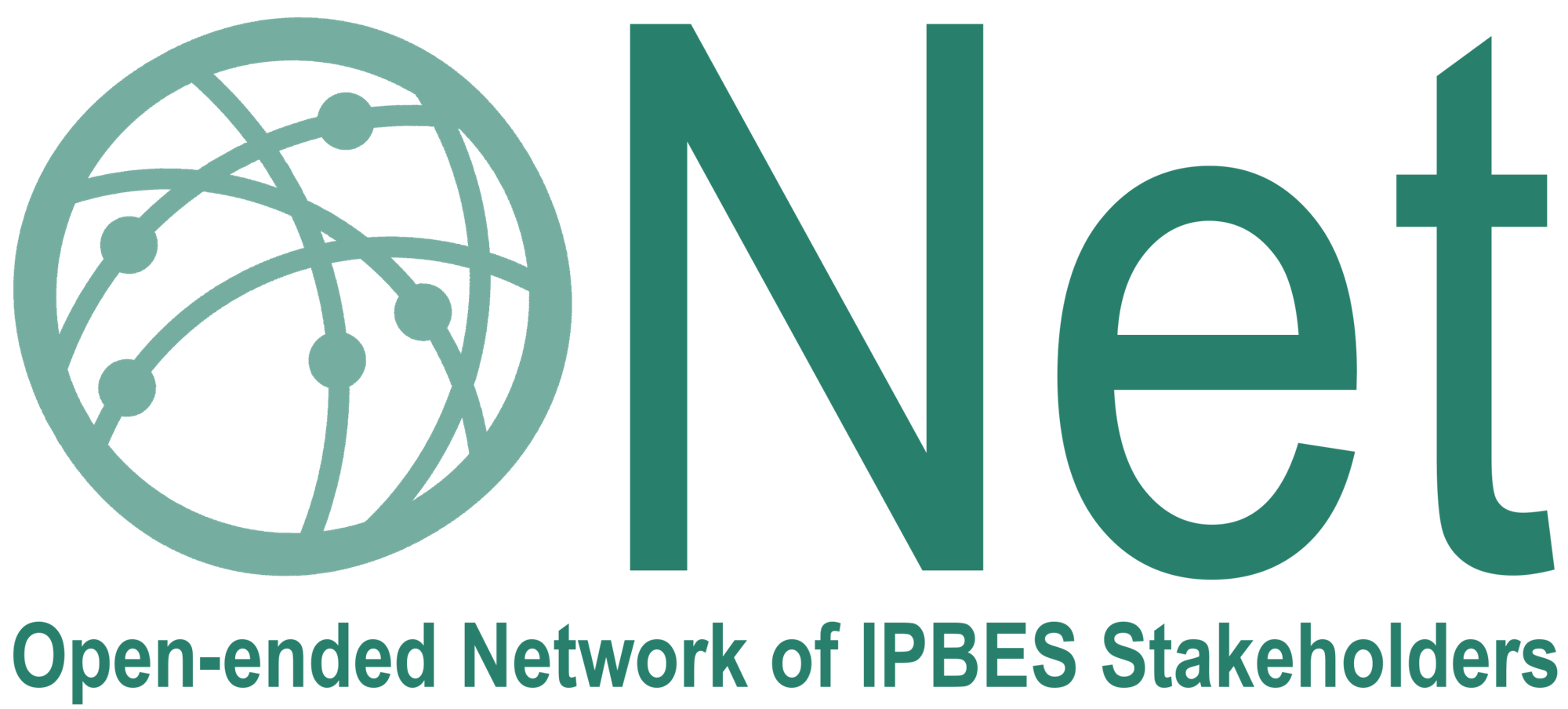Closing Statement from the Open-ended Network of IPBES Stakeholders 04/05/2019 – Closing session of IPBES-7
Thank you chair for giving us the floor. I am Liliana Bravo, speaking on behalf of the Openended Network of IPBES Stakeholders (ONet).
We would like to:
1. THANK the Government of France and UNESCO for their hospitality, and the IPBES Secretariat, Bureau, MEP, and delegates for their hard work this past week.
2. THANK the outgoing Chair for his outstanding and successful efforts to consolidate IPBES and WELCOME the incoming Chair and Bureau members, to whom we offer our full support.
3. THANK and congratulate all authors and contributors for their tireless efforts to successfully compile the Global Assessment.
4. WELCOME the approval of the SPM of the Global Assessment as it makes a compelling case for the need for “transformative change” to prevent further disruption of the natural web of life that supports humankind on Earth.
5. EXPRESS our appreciation for the contribution that Indigenous Peoples and Local Communities make to the conservation of biodiversity on our planet, and SUPPORT their efforts to strengthen their role in the IPBES processes and to align IPBES with the international instruments that already fully recognize their self-determined rights.
6. URGE governments and decision makers to translate the key messages of the Global Assessment and the identified possible actions (Table SPM.1) into timely and effective actions on the ground, across both borders and regions.
7. URGE IPBES members to integrate the outcomes of the Global Assessment into international agendas, by addressing them, for instance, at the High-level Political Forum of the UN Agenda 2030, at the United Nations General Assembly in 2020, and in the upcoming Conferences Of the Parties of all three Rio Conventions.
8. WELCOME the adoption of the IPBES rolling work programme with its priorities and its recognition of Indigenous Peoples and Local Communities and of the important roles of all stakeholders in its implementation.
9. WELCOME the decision to immediately start identifying determinants of transformative change and HIGHLIGHT the need to consider the effects of current paradigms of economic growth on biodiversity, environment, and human wellbeing in
future IPBES deliverables, including the SPMs.
10. CALL on IPBES to strengthen the task forces and TSUs to enable work with the members of the platform and stakeholders and Indigenous Peoples and local communities to implement the identified actions based on the findings of the IPBES assessments.
11. CALL ATTENTION TO the budget allocated for stakeholder engagement and invite more members to support this crucial objective with in-kind contributions.
12. UNDERSCORE the need for a better-acknowledged, broader, and more active involvement of stakeholders in the four functions of IPBES, and ENCOURAGE stronger interlinkages among the functions, drawing on experience gained and lessons learned from previous IPBES activities, processes, and products.
13. URGE IPBES to further develop its approaches to engage the diversity of stakeholders, including attention to the plurality of knowledge-holders, and to disciplinary and gender balance.
14. ENCOURAGE IPBES and its members to promote the production of educational and outreach materials in non-scientific language, for example a “Summary for Educators”, as suggested during the Stakeholder Day prior to IPBES-7. Such materials should be developed for all IPBES products and be target-group specific.
15. CALL on IPBES to develop easily accessible, detailed information and guidelines about the application process for observer status, and to be transparent in the selection process and rationales for the inclusion or exclusion of non-state observers.
16. Lastly, we reiterate that we STAND READY to support the Secretariat, members of the platform, task forces and experts in knowledge generation, capacity building, communication, outreach, and implementation activities.
Thank you,
Chair.
